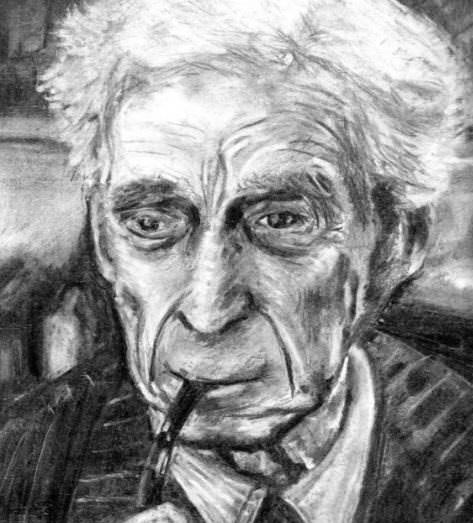John R. Lenz tells us why Russell thought philosophy worthwhile.

His many popular books are unfairly ignored by historians of ideas and those interested in Russell as a philosopher. Of course, his many-sided activities, popular writings and work for peace are well-known and beloved. But these are usually left for his biography as opposed to his supposed ‘real’ academically-valid, philosophical work. Pick up a book such as The Cambridge Companion to Bertrand Russell or a recent hundredth anniversary commemoration of The Problems of Philosophy. You would never know from these that Russell held theories of human nature; that he repeatedly (from at least 1916 into the late 1960s) advanced utopian proposals for the future; and that he passionately advocated the value of philosophy and the philosophic life in more traditional terms, that is, as a road to happiness and wisdom. Academic study favors the analytic Russell, especially his work in the first decade of the twentieth century. The academy should be broader than that. He was.
This story is from the {{IssueName}} edition of {{MagazineName}}.
Start your 7-day Magzter GOLD free trial to access thousands of curated premium stories, and 9,000+ magazines and newspapers.
Already a subscriber ? Sign In
This story is from the {{IssueName}} edition of {{MagazineName}}.
Start your 7-day Magzter GOLD free trial to access thousands of curated premium stories, and 9,000+ magazines and newspapers.
Already a subscriber? Sign In

Metaphors & Creativity
Ignacio Gonzalez-Martinez has a flash of inspiration about the role metaphors play in creative thought.

Medieval Islam & the Nature of God
Musa Mumtaz meditates on two maverick medieval Muslim metaphysicians.

Robert Stern
talks with AmirAli Maleki about philosophy in general, and Kant and Hegel in particular.

Volney (1757-1820)
John P. Irish travels the path of a revolutionary mind.

IT'S A WONDERFUL LIFE
Becky Lee Meadows considers questions of guilt, innocence, and despair in this classic Christmas movie.

"I refute it thus"
Raymond Tallis kicks immaterialism into touch.

Cave Girl Principles
Larry Chan takes us back to the dawn of thought.

A God of Limited Power
Philip Goff grasps hold of the problem of evil and comes up with a novel solution.

A Critique of Pure Atheism
Andrew Likoudis questions the basis of some popular atheist arguments.

Exploring Atheism
Amrit Pathak gives us a run-down of the foundations of modern atheism.